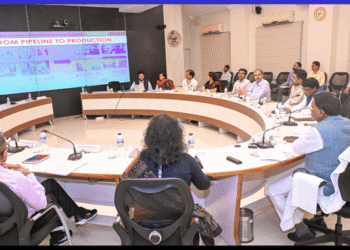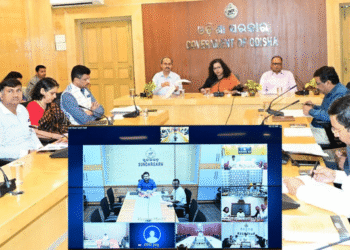In a landmark vote at the United Nations headquarters, Annalena Baerbock, former German Foreign Minister, was overwhelmingly elected President of the 80th UN General Assembly on June 2, 2025, securing 167 out of 193 votes in a secret ballot demanded by Russia.
Baerbock, who will assume office in September, replaces Philemon Yang of Cameroon. Her election marks a pivotal moment for the world body amid ongoing global crises, from conflicts to climate emergencies.
Germany originally nominated senior diplomat Helga Schmid, but after a change in government led to Baerbock losing her cabinet role, Berlin swiftly replaced its nominee — a move that drew domestic criticism but international support. Schmid still garnered 7 write-in votes, and 14 member states abstained.
Despite vocal objections from Russia, Baerbock’s victory was emphatic. Russian Deputy UN Ambassador Dmitry Polyansky criticized her as “incompetent” and accused her of leading an “anti-Russia policy,” casting doubt on her neutrality. Russia’s push for a secret ballot was seen as an attempt to diminish her legitimacy.
Brushing off Russian objections, Baerbock said:
“I am grateful … the overwhelming majority of member states have voted in favor of my candidacy and I’m looking forward to working with all member states together in these challenging times.”
In her acceptance speech, Baerbock announced the theme for her presidency: “Better Together.” She called for unity amid “a tightrope of uncertainty,” referencing over 120 active armed conflicts and warning that the U.N.’s founding goal — to prevent war — remains unmet.
“The birth of the United Nations from the ashes of World War II reminds us: We have lived through difficult times before. It is up to us to take up these challenges.”
Baerbock will preside over the annual world leaders’ summit and key commemorative events marking the 80th anniversary of the UN’s founding in 1945. Her tenure comes at a time when the Security Council is gridlocked — with Russia blocking action on Ukraine and the U.S. doing the same on Gaza — making the General Assembly a central stage for global diplomacy.
UN Secretary-General António Guterres welcomed Baerbock’s election, acknowledging the world’s deep divisions and dwindling aid budgets:
“Aid and development funding are drying up, and our institutions still reflect the world of yesterday… This is a moment to unite, forge solutions, and take action.”
As Baerbock prepares to take the helm, she faces a daunting yet critical task — restoring faith in multilateralism in an era marked by war, economic disparity, and climate distress.




























